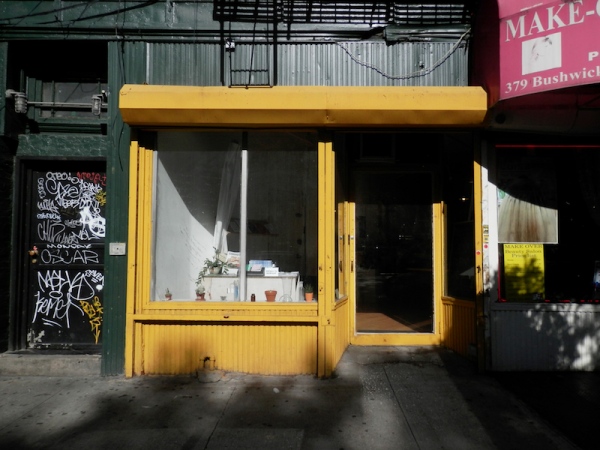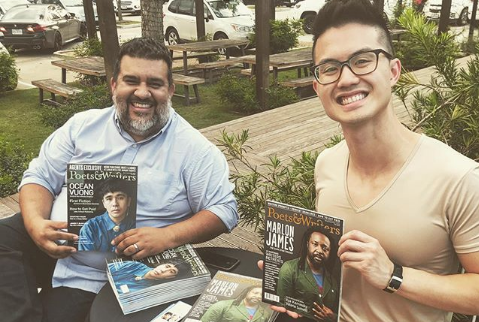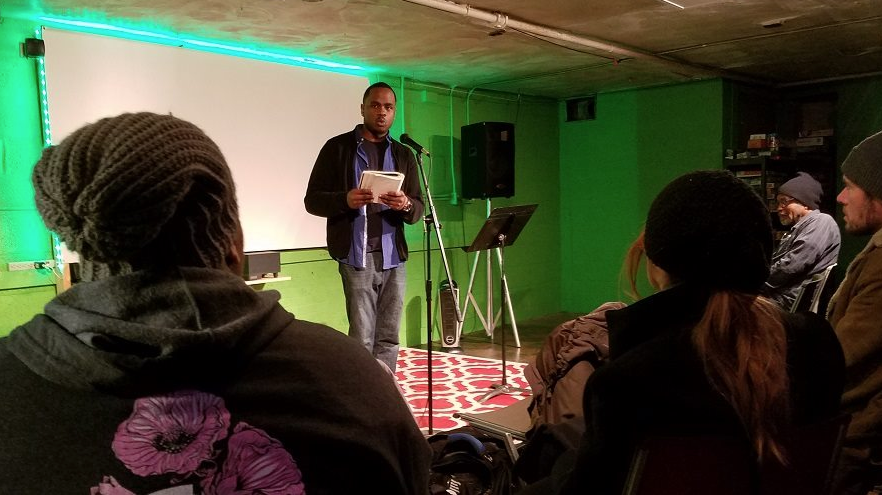Upcoming Contest Deadlines
The slightly crisper air signals the beginning of fall, and along with this seasonal change come contests with a deadline of September 30 or October 1. These literary magazine and university press awards (including one with no entry fee!) all offer either book publication or a prize valued at $1,000 or more.
University of Massachusetts Press Juniper Prizes: Five prizes of $1,000 each and publication by University of Massachusetts Press are given annually for a first poetry collection, a poetry collection, a short story collection, a novella or novel, and a book of creative nonfiction. The creative writing faculty at the University of Massachusetts in Amherst will judge. Deadline: September 30. Entry fee: $30.
Boulevard Nonfiction Contest for Emerging Writers: A prize of $1,000 and publication in Boulevard is given annually for an essay by a writer who has not published a full-length book in any genre with a nationally distributed press. The editors will judge. Deadline: September 30. Entry fee: $16, which includes a subscription to Boulevard.
Cave Canem Foundation Toi Derricotte & Cornelius Eady Chapbook Prize: A prize valued at approximately $2,500 is given annually for a poetry chapbook by a Black poet. The winner will receive $500, publication by Jai-Alai Books, and a weeklong residency at the Writer’s Room at the Betsy Hotel in Miami, Florida, and will give a reading at the O, Miami Poetry Festival in April 2020. Danez Smith will judge. Deadline: September 30. Entry fee: $12.
University of Arkansas Press Miller Williams Arkansas Poetry Prize: A prize of $5,000 and publication by University of Arkansas Press is given annually for a poetry collection. Billy Collins will judge. Deadline: September 30. Entry fee: $28.
University of Iowa Press Iowa Short Fiction Award: Two awards of publication by University of Iowa Press are given annually for first collections of short fiction. Writers who have not published a book of fiction are eligible. Deadline: September 30. Entry fee: none.
American Literary Review Literary Awards: Three prizes of $1,000 each and publication in American Literary Review are given annually for a poem, a short story, and an essay. Deadline: October 1. Entry fee: $15.
LitMag Anton Chekhov Award for Flash Fiction: A prize of $1,250 and publication in LitMag will be given annually for a piece of flash fiction. The winning story will also be reviewed by literary agency Sobel Weber Associates. Deadline: October 1. Entry fee: $16.
Southeast Missouri State University Press Mighty River Short Story Prize: A prize of $1,000 and publication in Big Muddy, a literary journal published by Southeast Missouri State University Press, is given for a short story. The annual award will be discontinued after this year. Deadline: October 1. Entry fee: $20.
Missouri Review Jeffrey E. Smith Editors’ Prize: Three prizes of $5,000 each and publication in Missouri Review are given annually for a group of poems, a short story, and an essay. Deadline: October 1. Entry fee: $25, which includes a digital subscription to Missouri Review and a copy of the story collection A Faithful But Melancholy Account of Several Barbarities Lately Committed by last year's winner, Jason Brown.
Visit the contest websites for complete guidelines, and check out the Grants & Awards database and Submission Calendar for more contests in poetry, fiction, and creative nonfiction.







